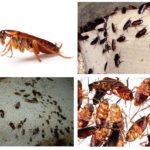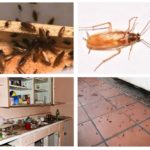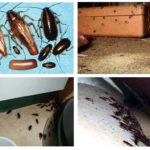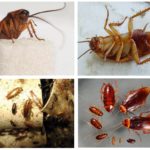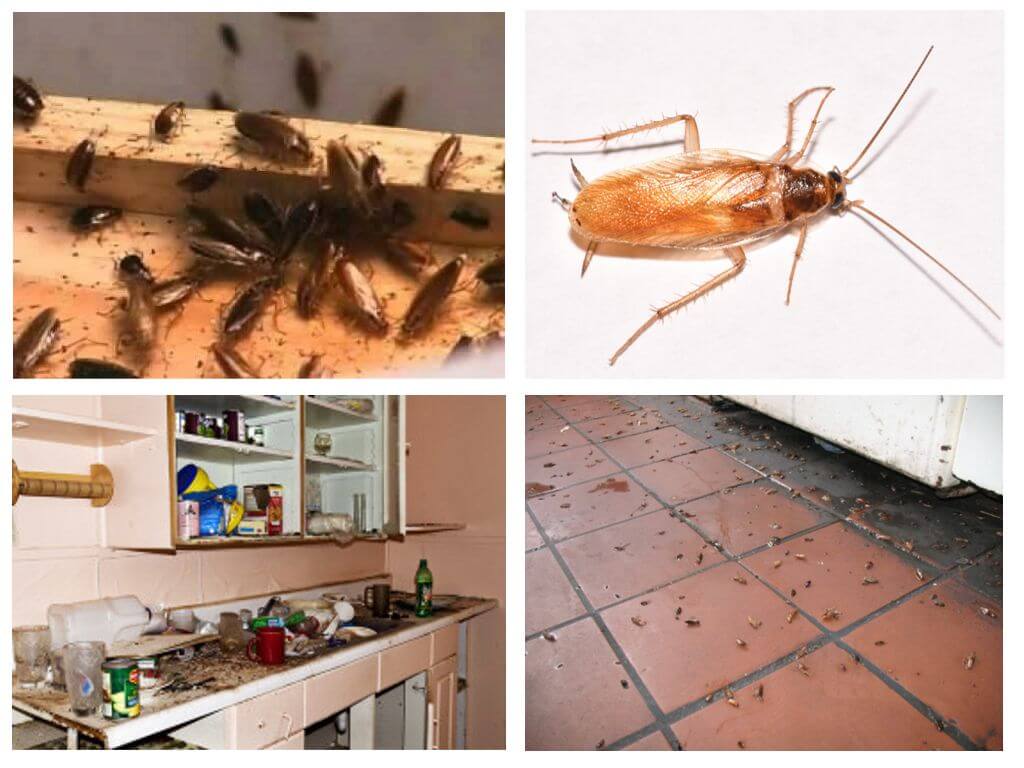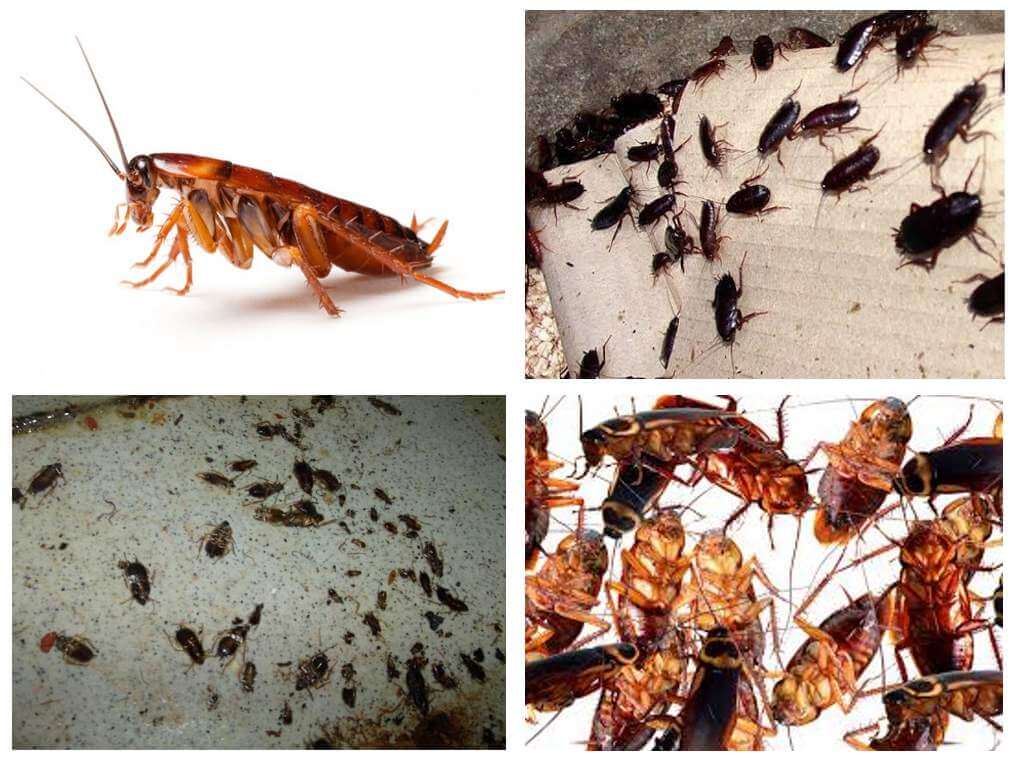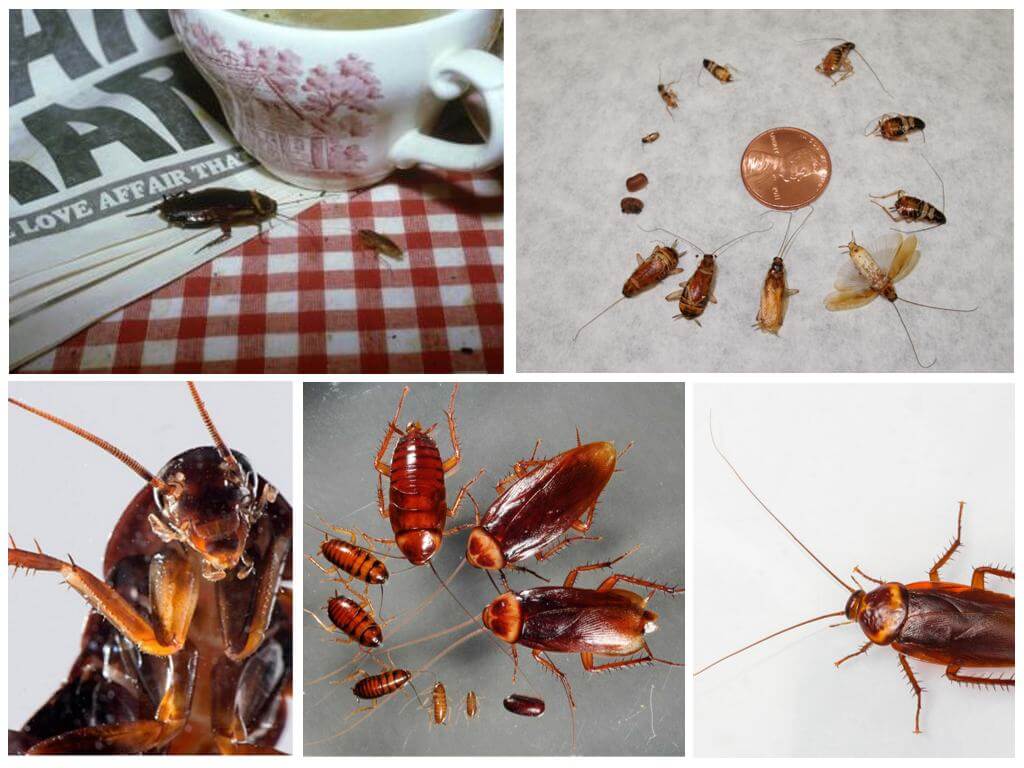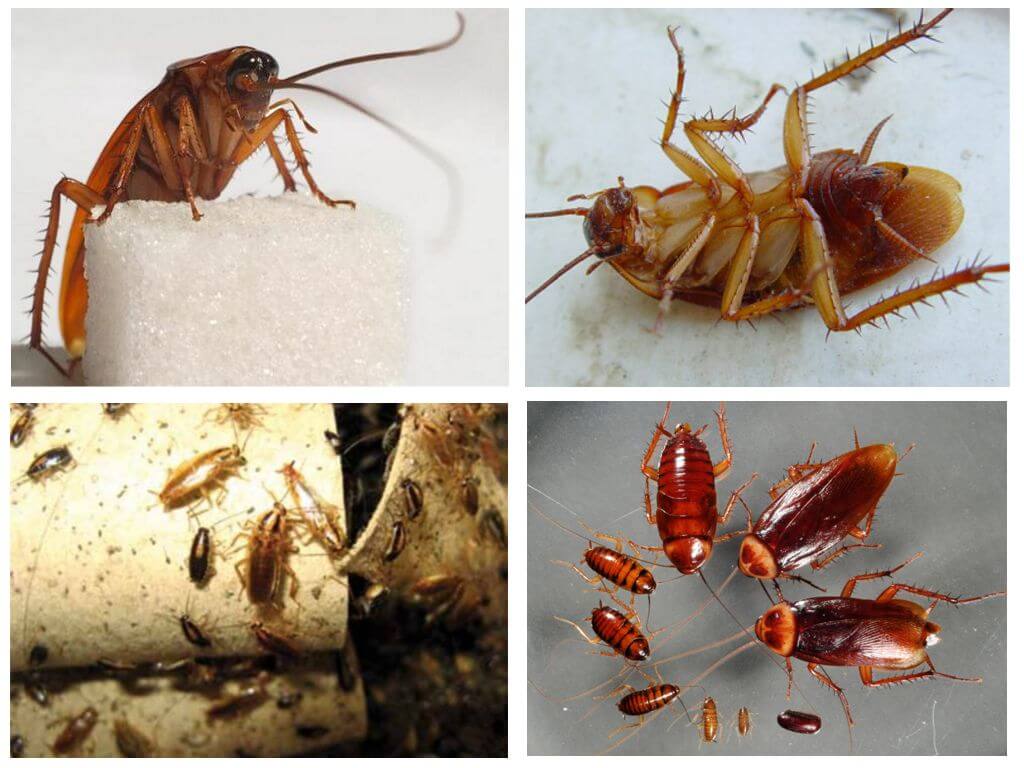Where cockroaches from apartments disappeared
Content
- Cockroaches
- Cockroaches in the house
- Cockroaches in the house
- Cockroaches
- Red cockroach
“Where are the cockroaches gone?” The urban residents are wondering. It is alarming not nostalgia for brisk peddlers of diseases, but bewilderment that could destroy or drive out of the apartments of these synanthropic insects, which throughout their evolution have adapted to live next to a person.Consider several versions that may have a scientific rationale.
Facts Confirmed by Statistics
About depopulation cockroaches At the beginning of the XXI century, the media reported. The disappearance of pests noted in Russia, the CIS countries and some countries abroad. Insecticide sellers have noticed that the sales of funds from Prusak have declined by 50% since 2000.
Entomologists note that the sharply reduced population of parasites in 2008-2009. recovered and even replenished with new species. According to scientists, in Moscow apartments now 8 kinds of cockroaches, including exotic ones, perfectly feel themselves.
In St. Petersburg, the Prusaks left the city in 2011 almost completely and so far their number has not increased.
Interesting!
Scientists have discovered a relationship between the population of pests and the standard of living of people. So the number of synanthropic insects has increased dramatically after the Great Patriotic War, then in the years of stagnation began to decline. The next surge in the number of Prusaks was noted in the 90s.
Entomologists associate such "swing" with the welfare of people. The higher the standard of living, the more money is spent on disinsection and insecticides. With a high well-being and a stable economy, people begin to equip their apartments, “smoking out” of their uninvited neighbors.
Versions why cockroaches disappeared from the apartments are different, consider the most popular.
Insecticides defeat pests
Disinfecting experts say that regular treatment of apartments with modern insecticides has gradually reduced the number of “tenants” to the minimum. Especially in this regard, effective means with prolonged action. Insect carries in its nest microcapsules of the drug and infects its relatives. All individuals die in the apartment, even those that do not appear on the eyes of man.
However, synanthropic species are evolutionarily adapted for survival alongside humans. The gene memory that cockroaches have, makes it possible for 2-3 generations to develop resistance to the poisons used to destroy them. For the year, a pair of “Kukarach” can produce 1 million “cockroaches” and each subsequent generation will be more resistant to insecticides. Scientists argue that chemistry will not completely defeat pests, they adapt faster than new types of tools for controlling cockroaches are created.
Cockroaches do not digest our food.
The next version, why cockroaches disappeared - food. Our food has ceased to "like" insects. Food products contain herbicides, GMOs, preservatives, dyes - all that people do not notice, and the Prussians simply can not stand. In canned meat, smoked products, phenols are present, which do not allow the meat to deteriorate. In detergents, phenol is used as a disinfectant. It is part of the concrete, insulation, varnish, paint, finishing materials. Phenol acts on cockroaches at the cellular level - respiratory function is disturbed, protein synthesis, and the permeability of the cell membrane increases.
The food wastes that feed on the Prussians are contaminated with preservatives that cause the death of pests. The disappearance of Prusaks can be attributed to the fact that the products “stuffed” with chemistry were not to the liking of omnivorous insects, which is why cockroaches left, changing their habitat.
Interesting!
A huge number of protozoa and bacteria “live” in the digestive tract of the Prusak. Therefore, insects, preferring foods rich in carbohydrates and fats, can, in its absence, eat such "inedible" things like paper, glue, dandruff, soap, nylon fabric.
Modern packaging materials have dramatically reduced the amount of food available to cockroaches. People began to pack any trifle in foil, polyethylene, plastic. That's where the cockroaches went - went to look for suitable and affordable food.
It is possible that in a few decades they will return, capable of digesting not only genetically modified and canned food, but also plastic and synthetics.
Cockroaches kills electromagnetic radiation
According to the next version, cockroaches disappeared from the apartments, fearing the electromagnetic radiation of household appliances and mobile phones. Where did the cockroaches disappear, if now the radiation is not only in the apartment, but also on the streets of the cities? Cell towers cover long distances, which means that insects must migrate to where there is no civilization.
However, synanthropic species can only live next to a person. Appliances repairing household appliances claim that they find cockroaches inside computers, televisions and even in microwaves from city apartments. And these are not isolated specimens, but small colonies, as evidenced by traces of their vital activity.
Interesting!
Professor of Biology Joseph Kunkel argues that radioactive radiation affects the cells of a living organism only during the period of their division. In a cockroach, cells are divided exclusively during molting. Insect sheds once a week, therefore radiation is dangerous for a cockroach only 48 hours a week. This means that ¾ cockroaches will survive, then, as all people will die.
Since there is no scientific evidence on the effects of electromagnetic radiation on Prusaks, this version can be taken as a hypothesis as to why cockroaches disappeared from apartments.
Cockroaches ruin unknown disease
Entomologists believe that an infection has negatively affected the insect population. Then it is more correct to ask not where cockroaches went, but why they disappeared from our apartments. Scientists have found that insects fatally affect the fungi Fusarium sp. and Geotrychum candidum. On the chitinous cover of insects, brown and dark brown spots appear, their limbs break off, and the segments of the abdomen are covered with a mold stain. The bacteria Serratia marcescens isolated from insects cause blood poisoning and death.In experiments with the fungi Metarhizium anisopliae, Paecilomyces lilacinus, Paecilomyces fumosoroseus, arthropods planted in a container with mushrooms died in 1-2 days. The females prematurely dumped the prefects from which the larvae never left.
Interesting!
Fungi and bacteria lead to the death of cockroaches if habitat conditions are not suitable for insects, and the number of infectious agents is high. Under optimal conditions (humidity, heat) infection does not cause instant death of the entire population. And then the Prussians spread the mushrooms and bacteria on.
Scientists have not yet been able to create effective biological weapons in fight against cockroaches - there are no deadly microbial species for domestic pests.
Cockroaches moved to secluded places
Another version that will try to explain where the cockroaches went. People surrounded themselves with artificial materials emitting formaldehyde, changed the microclimate of the house, put plastic windows, filled the apartment with devices emitting electromagnetic radiation. All this changed the living conditions of insects in a city apartment so much that they went to more favorable places - basements and sewers.There they mutate, they have already seen on the streets of large black mutant cockroaches, who at night run around garbage cans, landfills, and drains.
Interesting!
In New York, a new species of cockroaches, which is not afraid of frost, has appeared. For the first time, these parasites attacked Manhattan. Supertarakans were guests from Japan, who entered the United States in the soil with ornamental plants. Scientists suggest that the frost-resistant species will soon force out the "indigenous people".
Entomologists claim that black cockroaches - This is a species that previously lost the war to the Prusaks and moved from the apartment to the secluded, moist warm drains and cellars. In the same place one more species lives - american cockroaches. And if, as scientists assume, the Prusaks ousted conditions and pharaoh ants that were unbearable for them, then you shouldn’t relax - redheads much more resistant arthropod species may come.
The waves of depopularization were repeatedly replaced by the invasion of insects, and no one can guarantee that in a few years a wave of cockroaches adapted to new conditions will not overwhelm people’s apartments.

